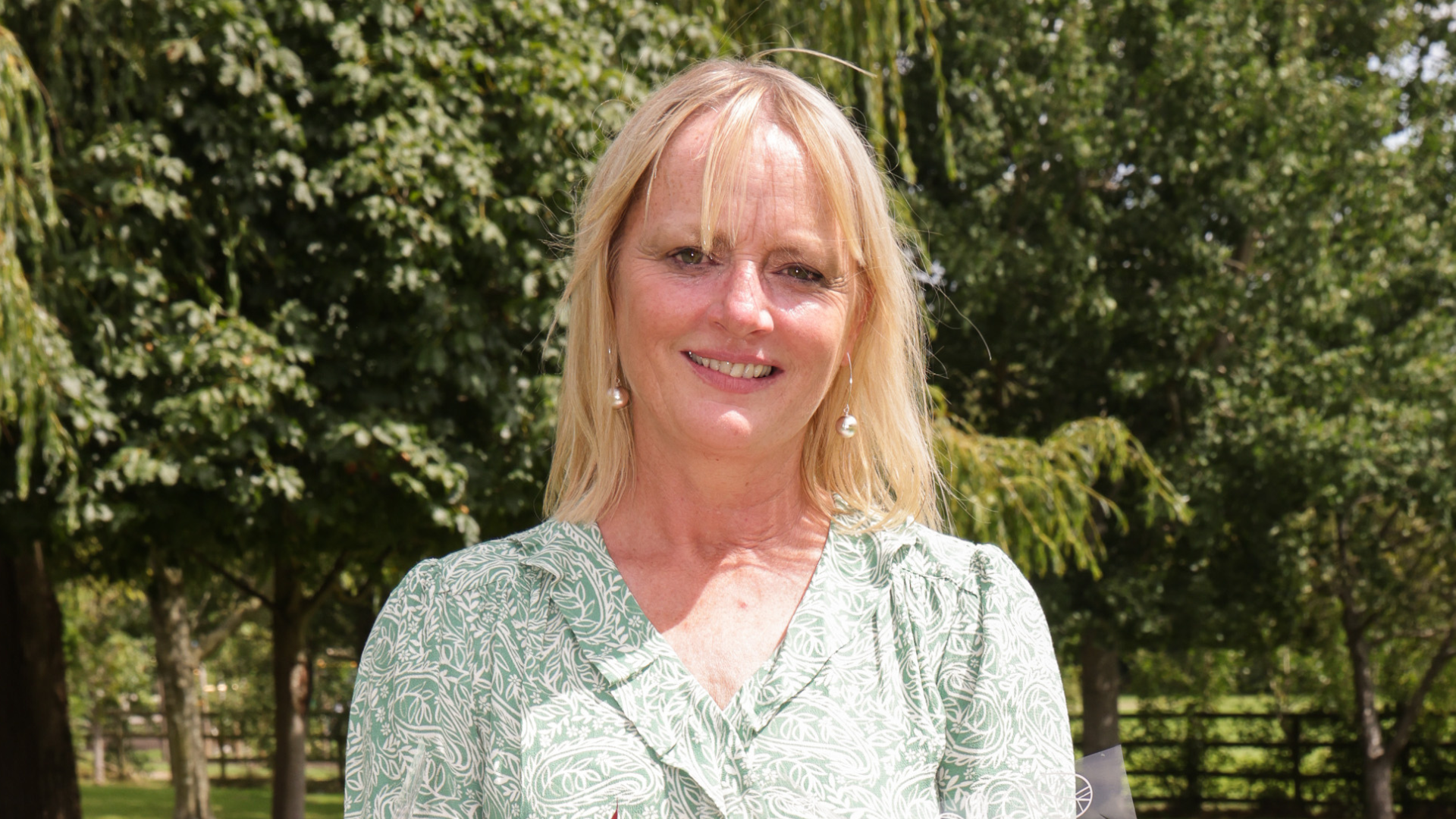You are viewing your 1 free article this month. Login to read more articles.
Cheshire Novel Prize apologises after IT glitch causes longlisting error but vows to return
The Cheshire Novel Prize will return next year after it helped numerous unagented writers get representation, but its founder admitted there were difficulties with the original IT system, which resulted in some writers being incorrectly told they had been longlisted.
Writer and editor Sara Cox set up the prize in October last year, with the promise of providing writers with valuable feedback. “I’d entered a prize and I didn’t get anywhere and I didn’t get anything, and I just thought I’m never going to write again. Then I thought, at least if I got some feedback, if I knew it was rubbish, I’ll just stop,” she told The Bookseller.
She originally expected 200 entrants, and was concerned she would have to pay the prize money out of her own pocket, but the low entrance fee of £25 and sponsored places for writers from disadvantaged backgrounds proved popular. “It just went crazy,” Cox said.
“It was really full-on. I think I was naïve,” she said. “Now thankfully we’ve employed a very large, well-known IT company to do next year, but at the time I employed a consultant to help me, and I don’t think he thought we would get the amount of entrants that we did."
The result was a technical problem that led to a number of entrants being incorrectly told they were longlisted, Cox said.
She explained: “A lot of them were first-time entrants so they didn’t realise that the longlisted authors were listed on the website or on Twitter. Some of them were understandably angry and they wanted to be longlisted anyway, and couldn’t understand that the judges had already read their work and they haven’t put them forward, so being on the longlist now was not going to make any difference.
“People were upset, it was horrible. For me, as a writer, if I had got an email saying I was longlisted and then told I’m not I would have been devastated. It was awful and heartbreaking and I felt really responsible. It was terrible.”
Cox quickly managed to pull together a team to analyse what when wrong and contact entrants. “It was hard and people were not understanding and were asking for money back,” she said, but she learnt some key lessons for next year’s prize.
“Now I’m definitely doing it again and I’m excited for it” she said. “Moving forward is having more resources and also understanding more how important this is to the writers. It’s not just a prize, it’s a big deal, and they’re putting their work on the line and it’s a personal thing. There are emotions attached to that and we need to be mindful of those.”
The shortlisting stage went more smoothly, with all 991 pieces of feedback sent out to those who hadn’t made the cut. Cox said everyone got a page and a half, and entrants said they found it helpful. “We’ve had people who have got agents who have taken the feedback on board, we have people who have now got the confidence to enter other prizes," she said.
Winner Charlotte Morbey and highly commended Farah Yusuf were praised by the judges for their “wonderful work”, and the trade has responded positively to the prize, Cox said, with agents requesting full manuscripts from recent showcases of shortlisted, longlisted and top 10% of entrants.



















